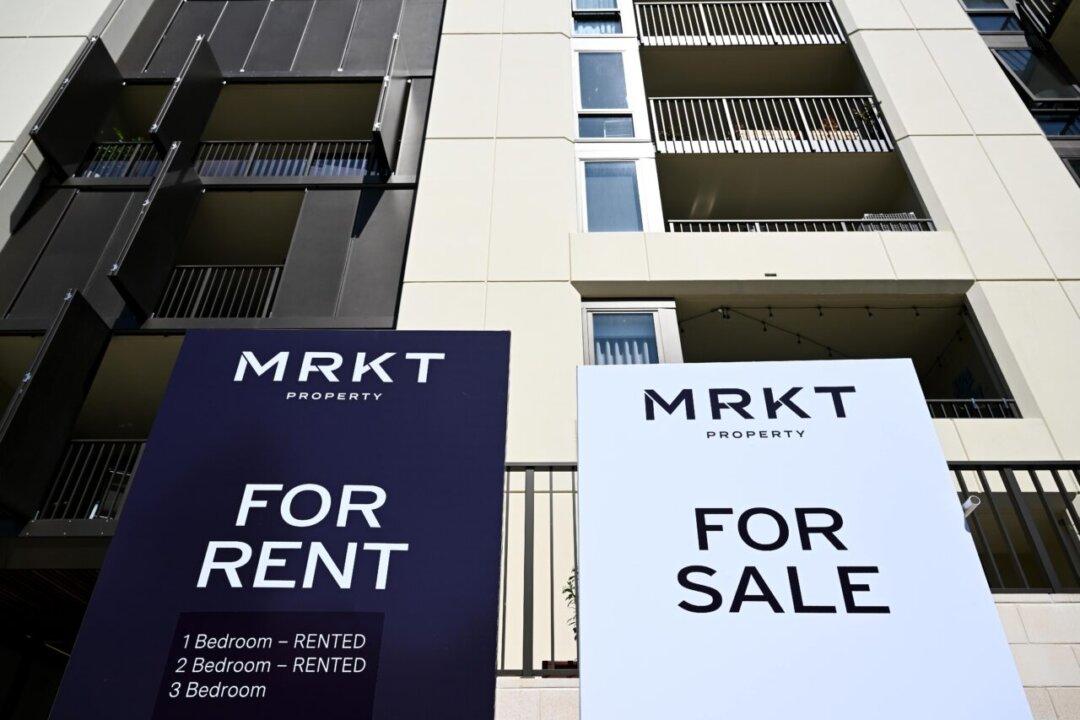Foreign investors will be slugged with higher fees and steeper penalties for buying existing homes and leaving them empty as the government aims to address housing affordability.
The federal government on Sunday announced new rules tripling taxes for foreigners who buy existing houses in Australia and a doubling in fees for those who leave dwellings vacant.





